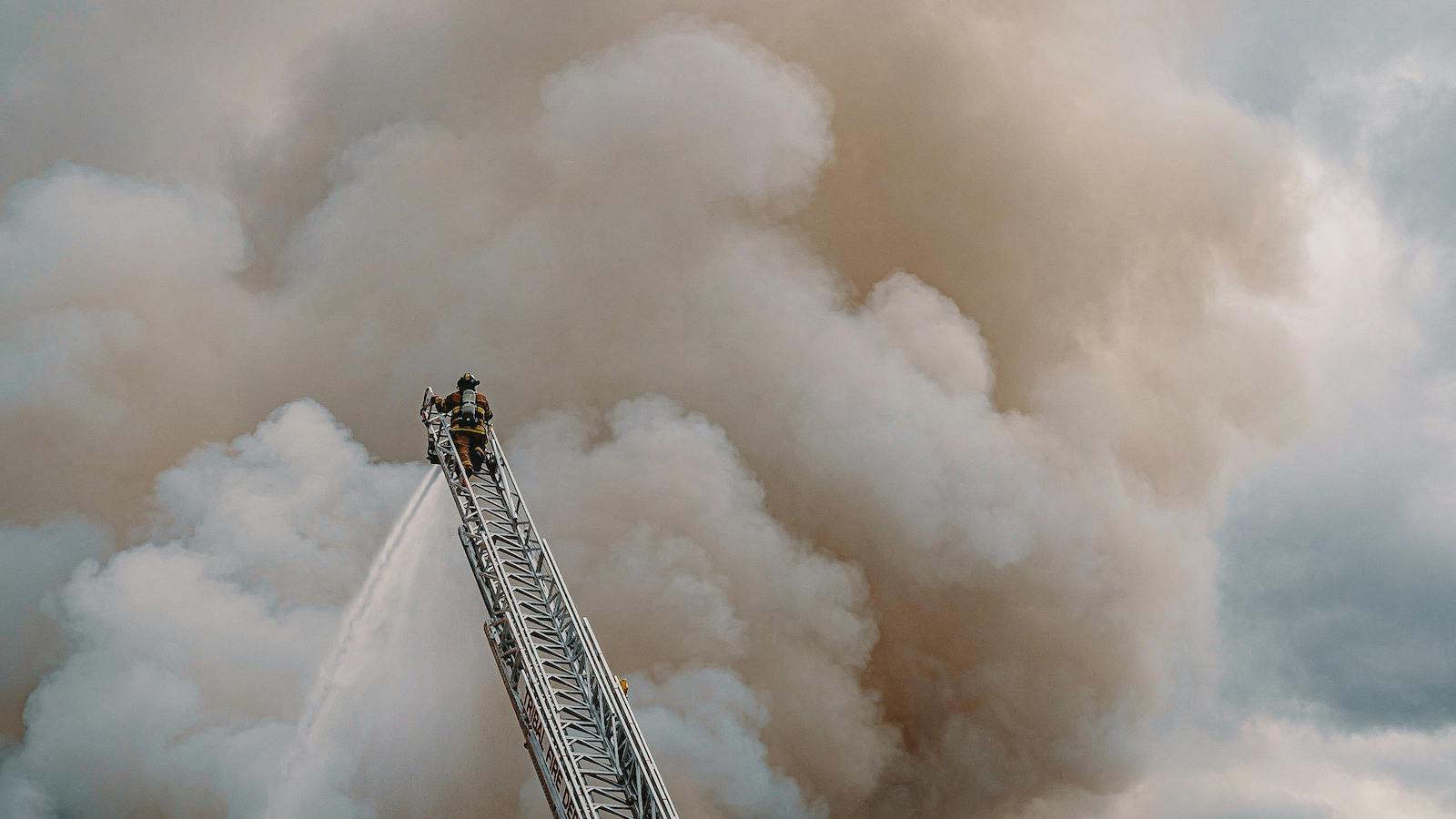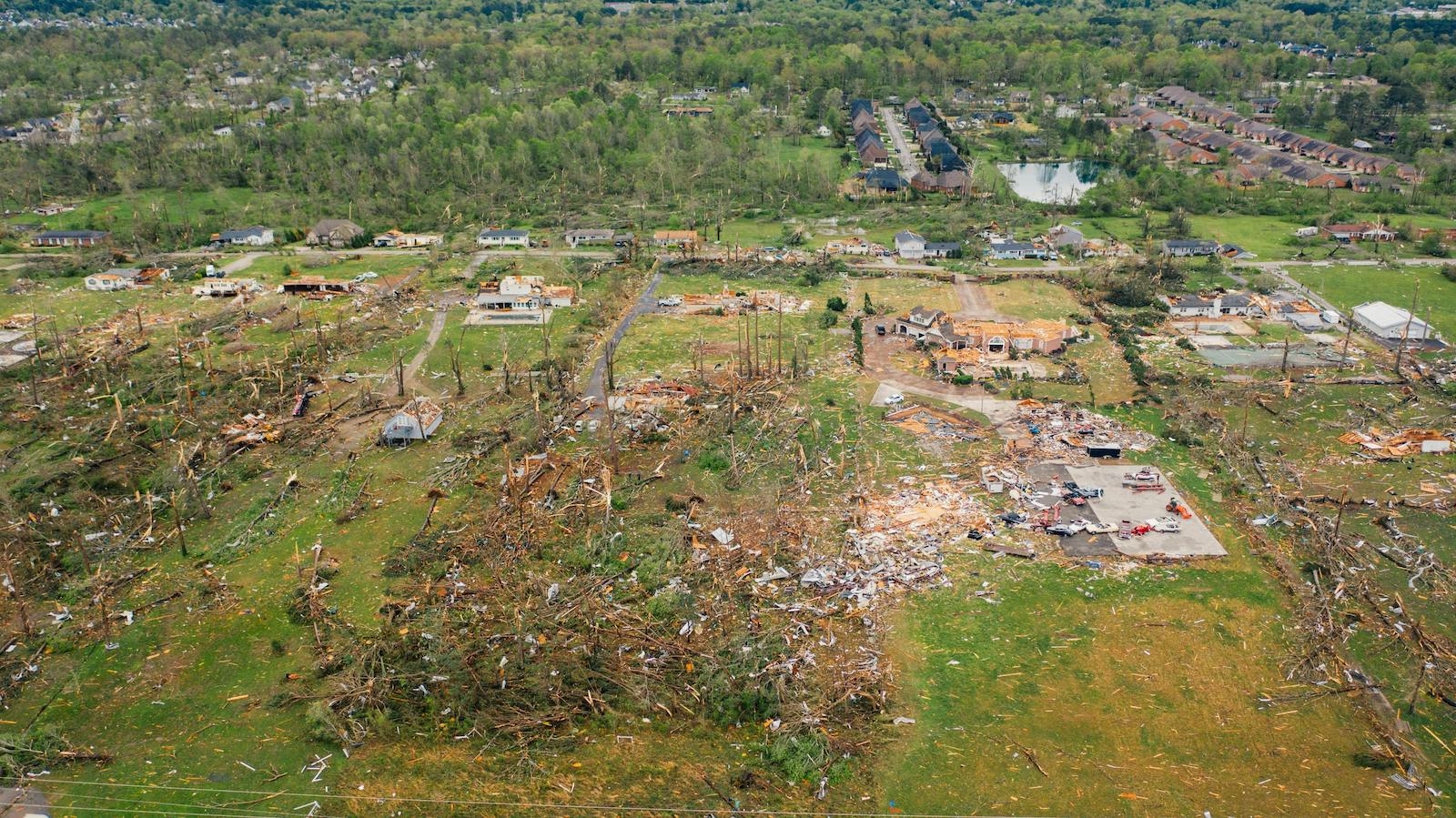The National Oceanic and Atmospheric Administration (NOAA), part of the Department of Commerce, released a report in May predicting a strong chance of a busy Atlantic hurricane season this year. So far, that prediction has held true. The World Meteorological Organization (WMO) reports that the 2020 Atlantic hurricane season has been so active that scientists are running out of names on the year’s official list of storm names. For only the second time in history, hurricane experts have started to name additional storms this year using the Greek alphabet.
There’s no question that an above-average number of hurricanes can have serious, immediate consequences for the millions of Americans who live in vulnerable coastal areas. But there may be far-reaching effects, as well. This unprecedented hurricane season, during the pandemic, could potentially affect the insurance industry both now and for years to come.
Below are six ways an active hurricane season combined with a pandemic might affect homeowners, renters and insurance providers in the U.S.
More claims: Perhaps the most obvious impact that an active hurricane season can have on the insurance industry comes in the form of more damage and a higher number of claims.
Weather-related claims cause more homeowners insurance losses than other types of events. Wind and hail claims, for example, make up 33% of total losses. Water and freezing damage are close behind at 30%, with fire and lightning claims accounting for 27% of total homeowners insurance losses.
Even a seemingly small amount of damage may be more expensive than most people realize. The National Flood Insurance Program reveals that a single inch of water inside a home or business may cause around $25,000 of damage.
Increased rates: A trickle-down effect that comes with a higher number of weather-related claims (from hurricanes or other natural disasters) is the potential for insurance rate increases.
The state of Louisiana, for example, saw a 23% increase in homeowners insurance premiums after Hurricane Katrina, according to International Risk Management Institute Inc. (IRMI), a continuing education and certification provider for insurance and risk management professionals.
The cost of homeowners insurance has already increased nearly 50% over the past decade.
See also: A Lesson From Hurricane Laura?
Fewer available adjusters: When major storms hit the U.S., insurance companies receive an influx of claims from homeowners in affected areas. Adjusters from insurance companies then travel to the covered properties to help assess the damage. However, during the COVID-19 pandemic, social distancing orders and travel within the U.S. posed great challenges.
Travel restrictions may limit the ability of insurance companies to get adjusters to areas hit by hurricanes in a timely manner this season. On top of these restrictions, S&P Global reports that insurers may also have concerns about sending their adjusters out into potentially dangerous conditions — not only from the storms but also from potential exposure to the coronavirus. As a result, there could be an uptick in remote claim adjustment, especially in cases where less damage is reported.
Increased interest in flood insurance: An active hurricane season may have at least one potentially positive side effect, especially for the insurance industry. More storms might lead to more interest in flood insurance, because most regular homeowners insurance does not cover this type of damage.
While the National Flood Insurance Program, run by the Federal Emergency Management Agency (FEMA), is still the largest provider of flood insurance, more private insurers have been getting into the market in recent years.
Lapsed policies: People who are moving out of cities into hurricane zones may not realize they need special insurance coverage. In some cases, policies may be allowed to lapse.
FEMA has put measures in place to help customers of the National Flood Insurance Program who are experiencing financial difficulties during the COVID-19 pandemic. The grace period these customers have to renew their existing flood insurance policies has temporarily increased to 120 days (normally 30 days). Insurers may not be able to help every client, but goodwill can go a long way toward customer retention.
See also: Unusual Weather We’re Having, Right?
Higher taxes or spending cuts: Andrew Hurst, a data writer at ValuePenguin, an insurance comparison site, said, “The government has allotted a substantial amount of money toward COVID-19 relief. At the beginning of August, FEMA alone had planned to spend $10 billion over the course of its fiscal year on coronavirus aid. The damage from this year's strong hurricane seasons could combine with the vast expenses that COVID-19 has demanded to a sum that's unprecedented.”
In the end, it’s the taxpayer who may have to foot a large portion of the bill for the increased government spending. These expenses from hurricane damages, coronavirus relief and vaccine development combined might trigger austerity measures like tax increases or budget cuts.






